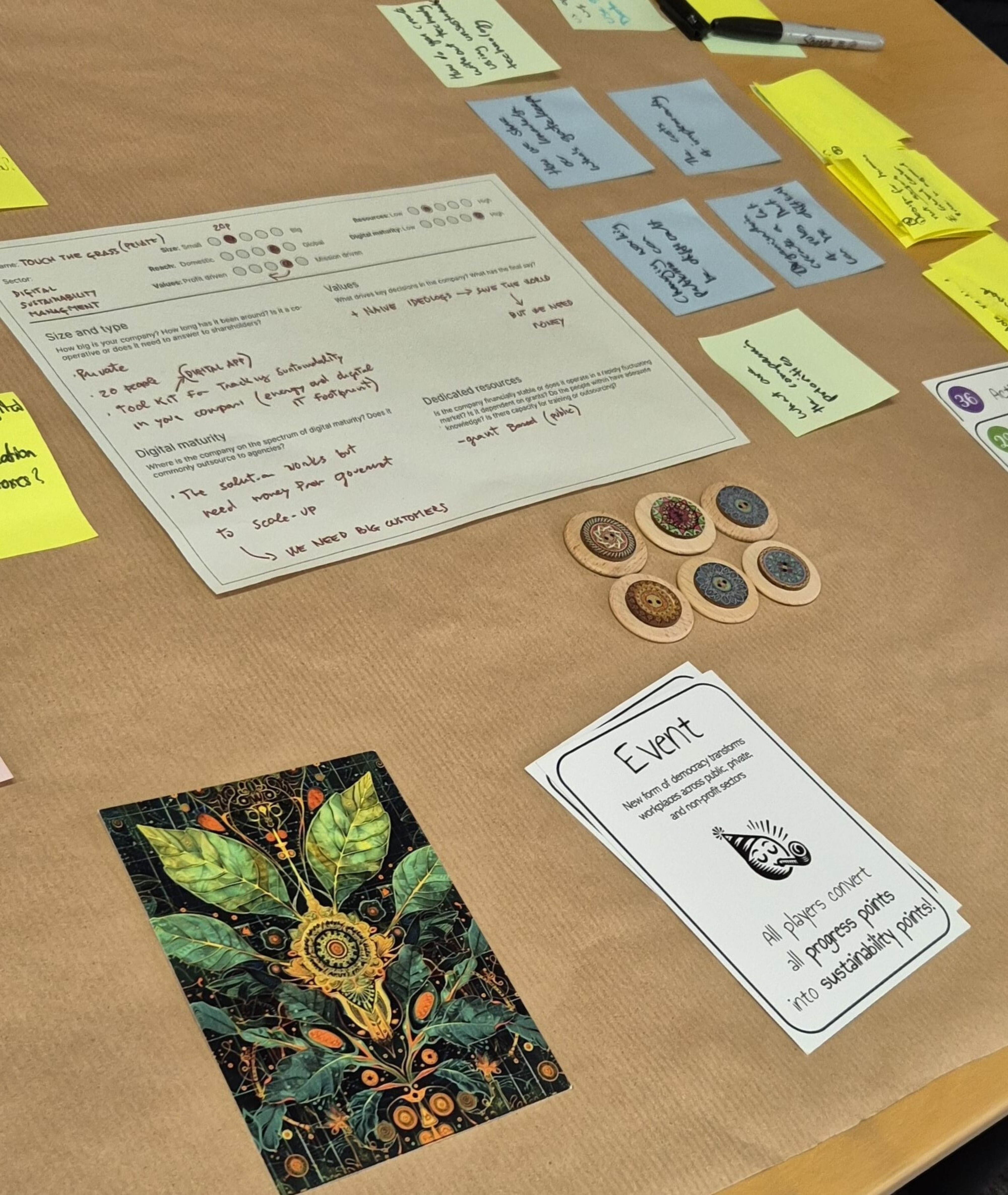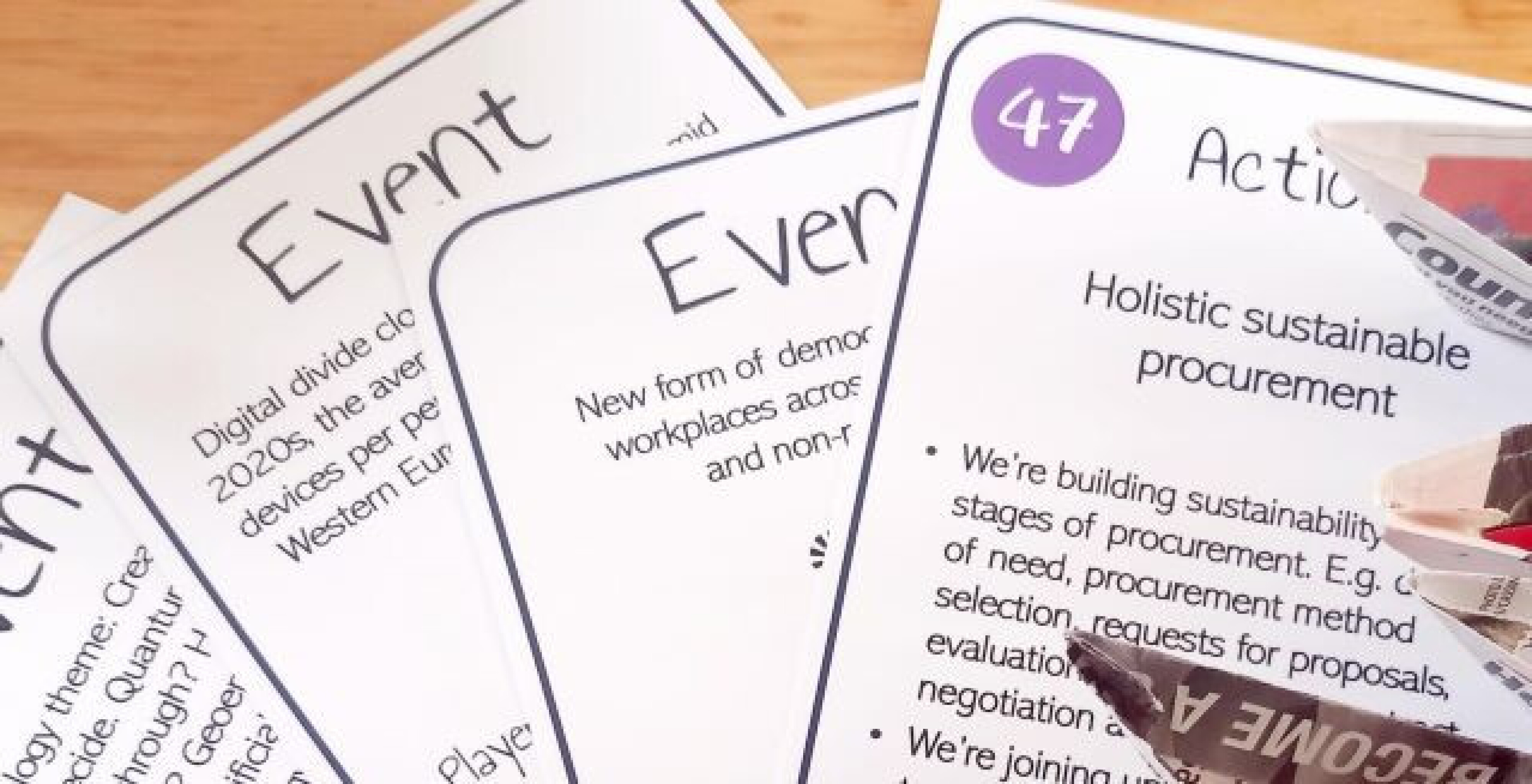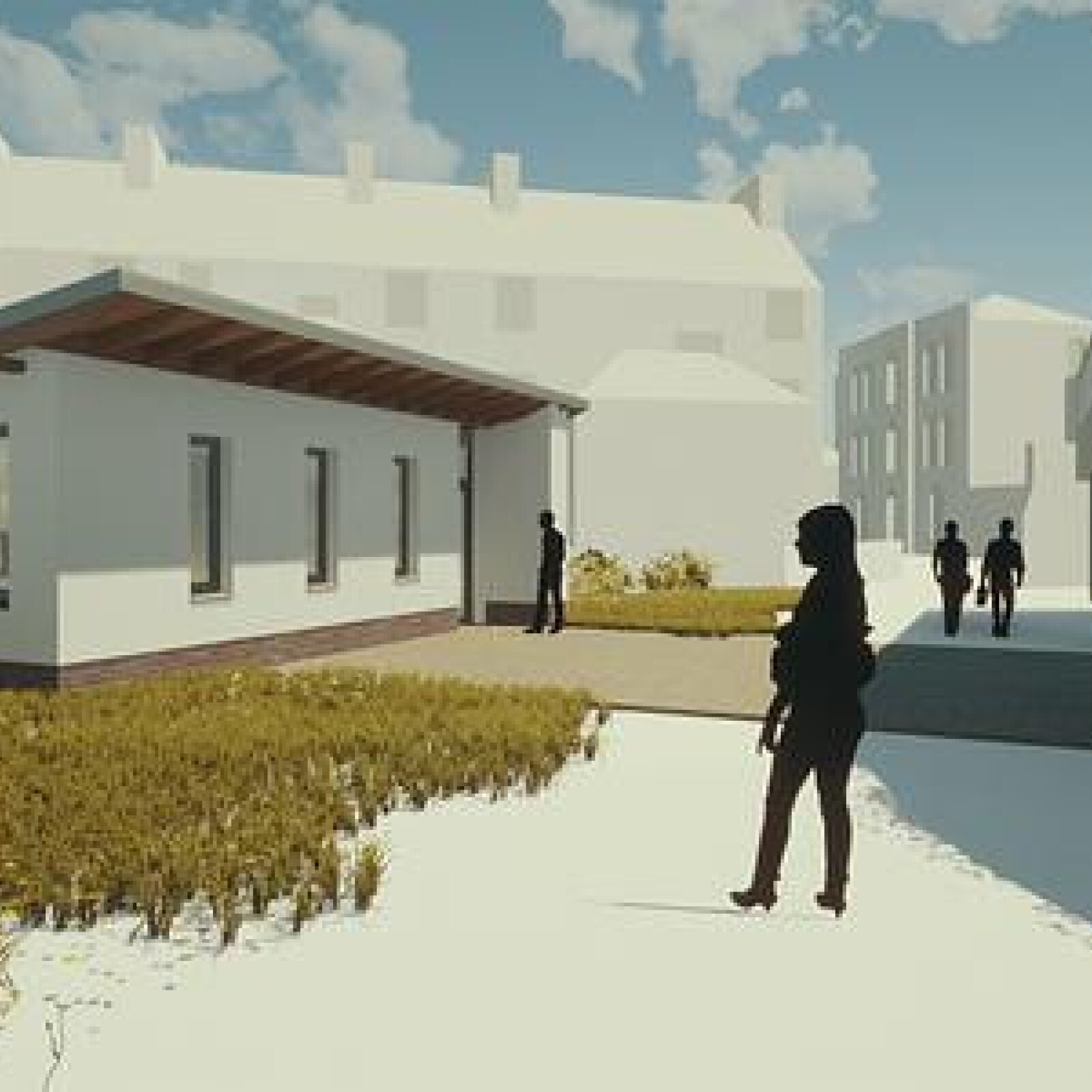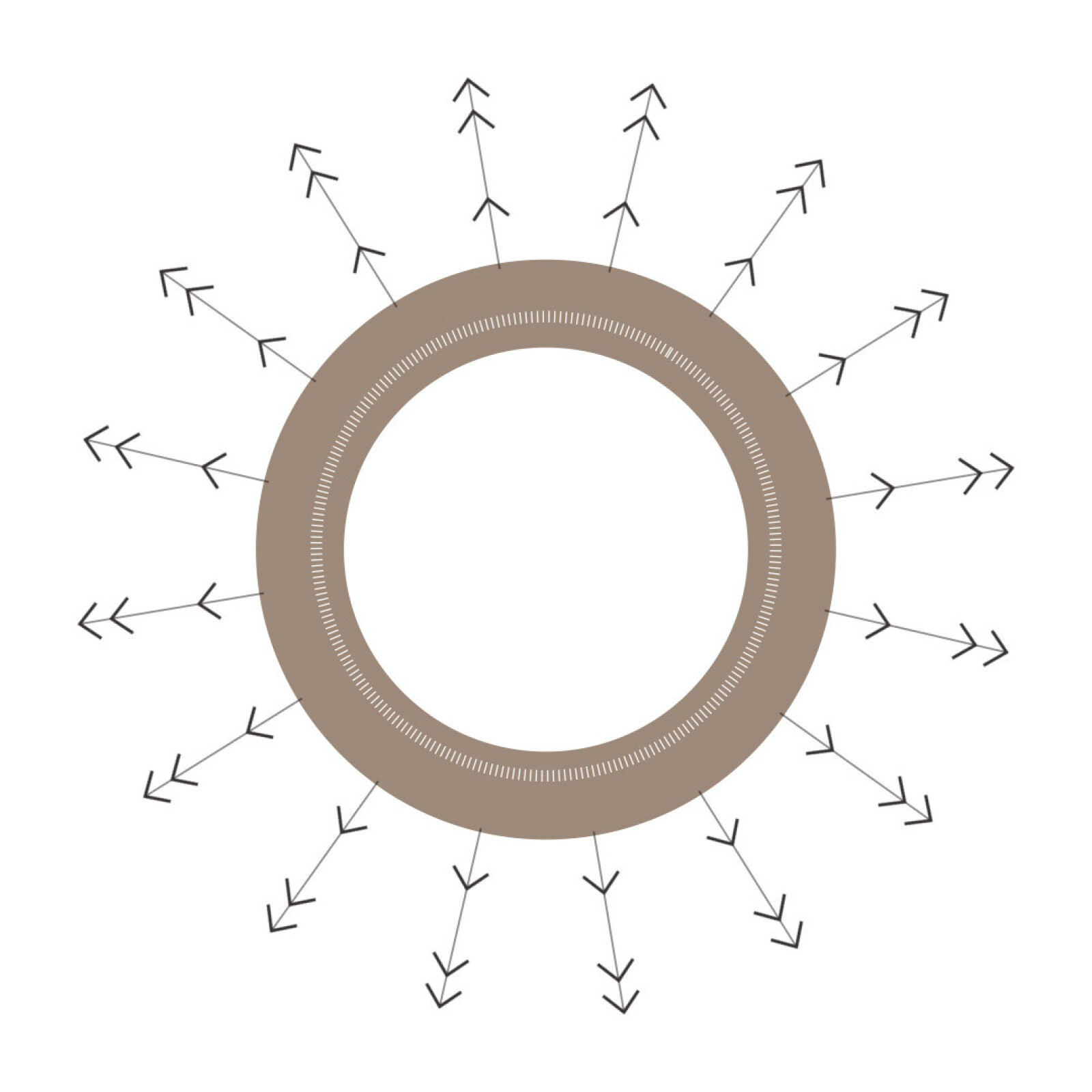In the latest of our interviews with Future Observatory’s design researchers, we’d like to introduce Jo Walton – Senior Research Fellow in Arts, Climate and Technology at the Sussex Digital Humanities Lab (SHL Digital) and Accelerator Lead on Designing Sustainable Digital Futures, one of Future Observatory’s Design Accelerator projects.
Design Accelerators drive the green transition by supporting meaningful engagement between research hubs, local organisations and communities.
In conversation with Future Observatory coordinator Leilah Hirson-Comley, Jo shares how his Design Accelerator is helping the cultural sector improve its digital sustainability.
LHC
Could you introduce your research project?
JW
Designing Sustainable Digital Futures builds on the work of the Digital Humanities Climate Coalition to examine the environmental impacts of digital technologies. That includes the energy and raw materials used to build our personal electronic devices, our data networks and the data centres we euphemistically call ‘the cloud.’
Over the last couple of years, SHL Digital has been collecting tools and evidence to align its research and teaching practices with climate justice. Now, we want to expand that work beyond academia through people- and planet-centred design.
To do this, we’ve designed a game – imaginatively titled the Digital Sustainability Game – that teaches the fundamentals of digital sustainability and creates a space for thinking about how organisations might interact with future technological and climate change.

LHC
What are the environmental impacts of digital technologies?
JW
People tend to equate ‘more digital’ with ‘more sustainable.’ A Zoom call between Edinburgh and London burns less carbon than a flight, right? In fact, digital technologies have many complicated environmental effects – from energy use to the embodied carbon in electronic equipment and the various activities that tech companies enable or endorse; the use of AI in oil and gas exploration is just one example.
For many organisations, the difficulty of accurately measuring digital carbon footprints not only creates practical challenges but also gives the impression that their impact and agency are smaller than those of global tech companies.
It’s true that digital technology’s impact on the climate is nowhere near as large as that of agriculture, road transport or constructing and running buildings, but it is not negligible. Reliable and recent data is hard to find but my own guesstimate is that digital technologies may be responsible for as much as 5% of global greenhouse gas emissions, and this number is projected to keep on rising.
LHC
Why does your research primarily engage with SMEs in the cultural sector?
JW
There are a lot of things that SMEs can do to contribute to digital sustainability. There are many low-hanging fruits in terms of decarbonising digital practices, from green web hosting to cleaning up junk data and extending the life cycle of hardware. Through this project, we want to help normalise these practices.
We also want to learn from organisations that have developed their own initiatives for digital sustainability. With extensive web presences and digital collections, many cultural heritage organisations have been thinking about digital sustainability in the sense of digital preservation for a long time. More recently, they’ve been focussing on the climate aspects of this work, and we want to facilitate the flow of best practice in this area across the sector.
As writer Margaret Atwood puts it, climate change is ‘everything change.’ We are in an all-hands-on-deck situation and all sectors of the economy need to decarbonise simultaneously. However, SMEs don’t receive the same incentives to report and improve on their carbon emissions as big businesses do. So, we identified a gap in which we felt we could make a useful difference.

LHC
What do you hope to achieve with your research?
JW
Our project is part of a broader shift in awareness and attitudes around digital sustainability. There is still a lot of AI hype out there in the climate and sustainability space, but some nuance is starting to cut through around what it really means to be 100% renewables powered, the difference between using AI for climate mitigation vs. climate adaptation and the distinction between generative AI and discriminative AI.
However – we’re not just interested in the direct impacts of digital technology; we’re also focussed on the ways in which tech is shaping the conversations and culture around climate action. For example, emerging sustainability initiatives that will supposedly save the day may someday be revealed to be plagued with problems, just as unbundled renewable energy certificates or carbon offsetting have been.
To build a more sustainable digital future, we need to raise public awareness, encourage scrutiny from civil society and support collaboration with big tech companies. Our project is making its own small contribution to achieving these goals.
If you are part of an organisation that could benefit from digital sustainability training, you can contact ClimateAcuity@sussex.ac.uk to connect with the team at SHL Digital.
*This interview has been edited for length and clarity.
Project Lead:
Jo Walton, Senior Research Fellow in Arts, Climate and Technology at SHL Digital
Project Coordinator:
Nathalie Huegler, Research Fellow in Digital Sustainability and Design at SHL Digital
Project Partners:
Florence Okoye, AfroFutures_UK
Mirko Febbo and Dan Barnard, Fast Familiar



